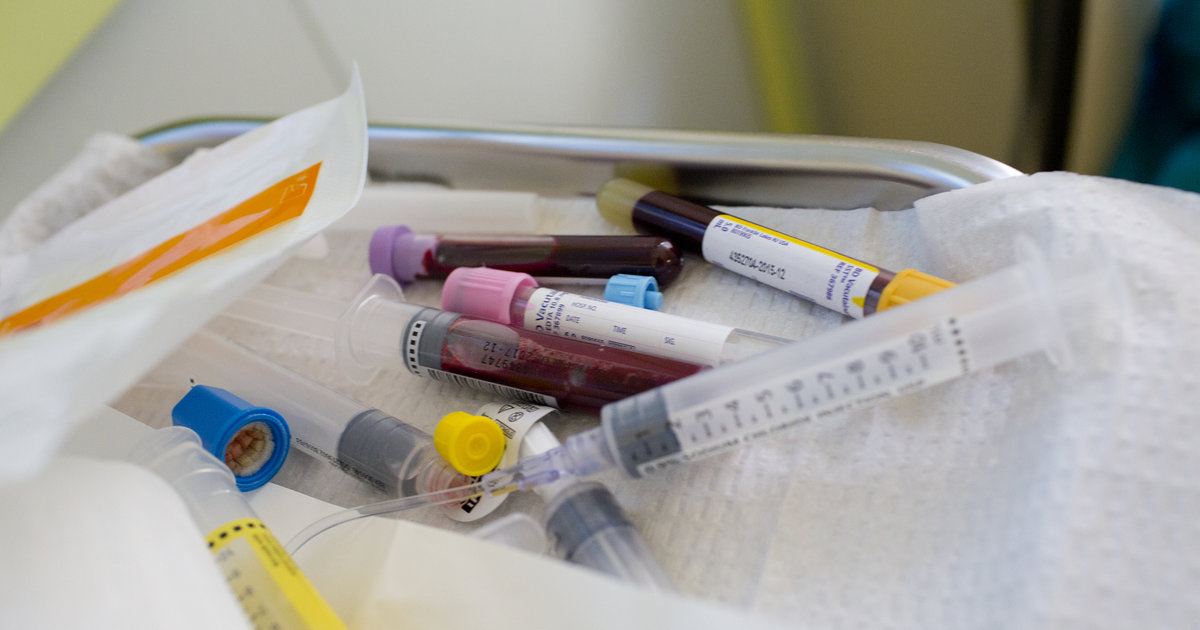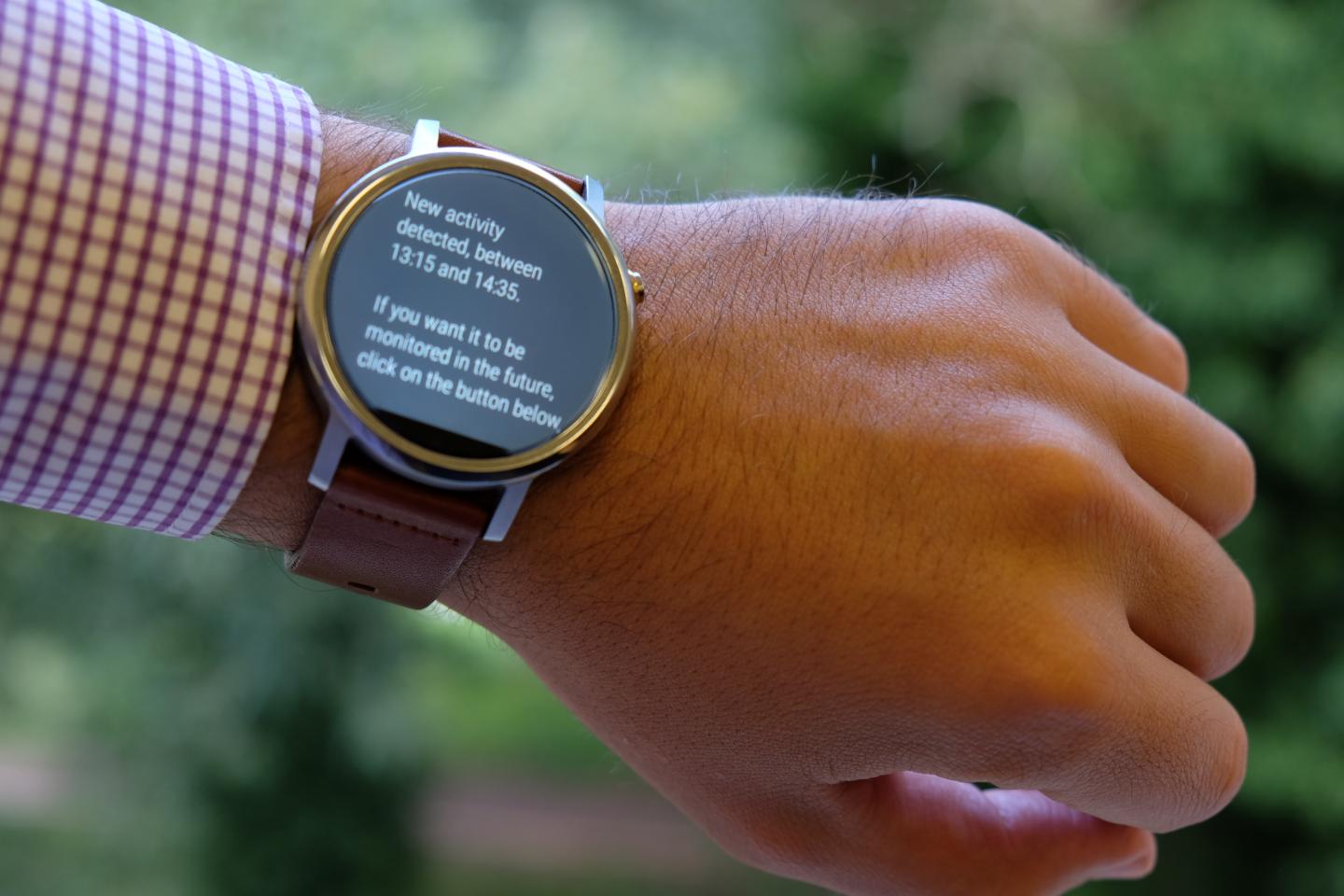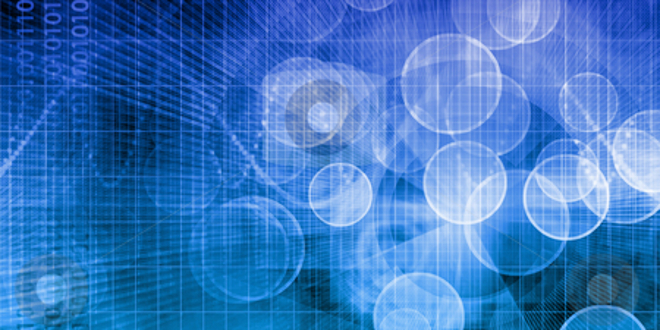
CancerSEEK, which was 70 percent accurate in a human trial, could be major breakthrough in early identification of cancers and where in the body they are located.

Forward has redesigned the primary care experience around data. Visits are holistic and not simply reactive to a specific complaint. Care is designed to catch the signs of chronic conditions.

Researchers have developed a mobile test using technology found in smartphones, and it could provide doctors and carers with a virtually instantaneous way of diagnosing someone with HIV.

Scientists at the University of Sussex have invented a new algorithm that enables smartwatches to detect and record your every move, without being told beforehand what to look for.

Researchers at BYU are the first to 3-D print a viable microfluidic device small enough to be effective at a scale much less than 100 micrometers.

Researchers have developed technology that enables a smartphone to perform lab-grade medical diagnostic tests that typically require large, expensive instruments.

From the biggest companies in Silicon Valley to Boston-based startups, the tech sector is transforming the way doctors diagnose and respond to a wide array of illnesses.

A computer's ability to predict a patient's lifespan simply by looking at images of their organs is a step closer to becoming a reality, thanks to new research.

A team of UK researchers have developed a machine-learning algorithm that can predict a likelihood of having a heart attack or stroke as well as any doctor.

Microfluidics, electronics and inkjet technology underlie a newly developed all-in-one biochip that can analyze cells for research and clinical applications.

It was not so long ago that sequencing even tiny snippets of DNA was a costly, cumbersome process that required access to a state-the-art lab. Today, we are inching close to putting a DNA sequencer in every pocket.

Can we repurpose the capacities of smartphones to improve health diagnostics on a global scale? Can we provide fast and reliable health diagnostics in areas with limited health infrastructure or health professionals?